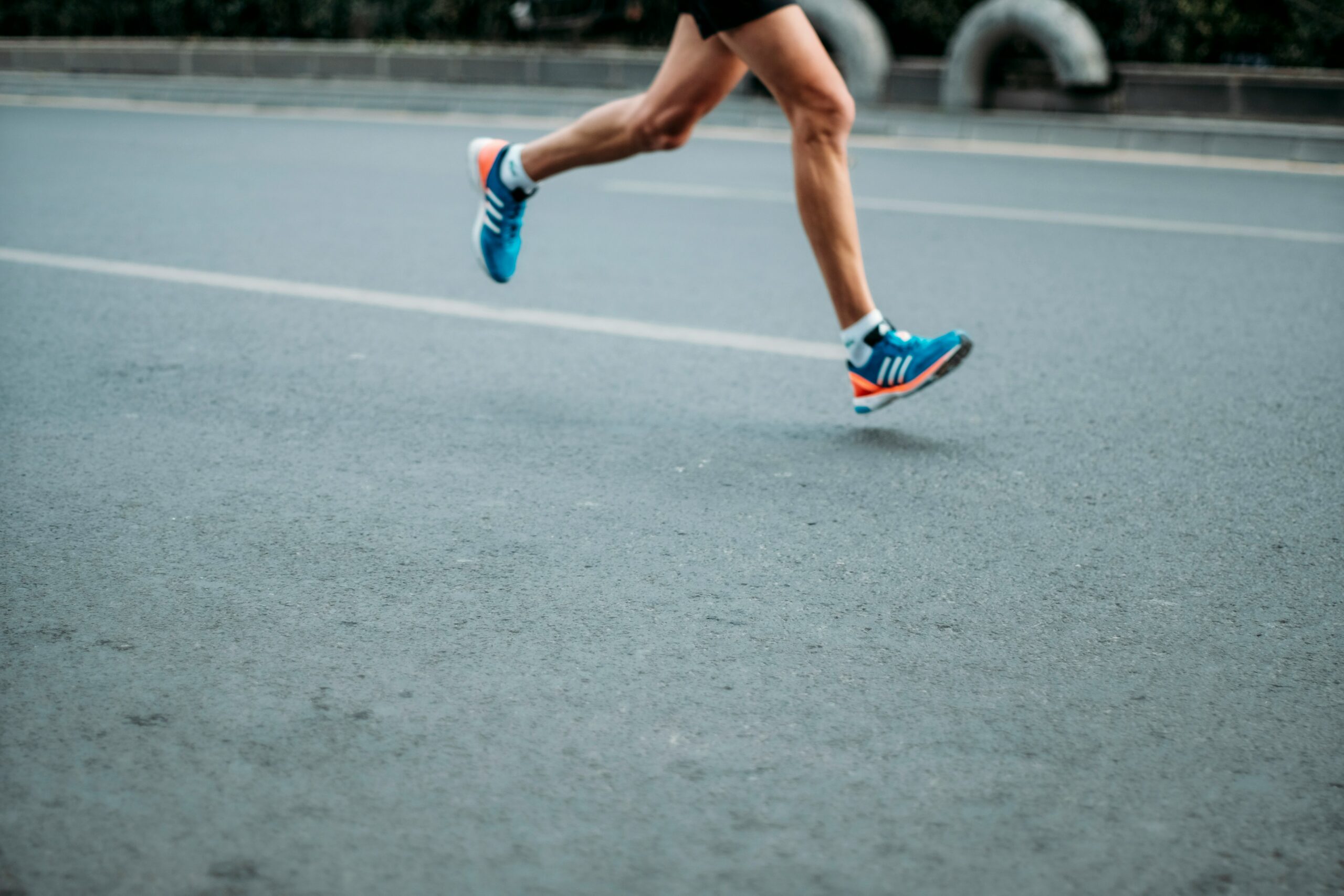Do you use your lunch break to psych yourself up for a productive afternoon, only to be struck with a wave of drowsiness that leaves you nodding off despite your best efforts to stay focused?
The afternoon crash is real! It’s even been proven to affect the best athletes going around; many experience slower race times mid-afternoon compared to performances at other times of the day (1).
Researchers call it ‘the post-lunch dip’. The lunchtime fare you choose to indulge in obviously has an effect, but surprisingly it’s not the primary cause.
In fact, biology is to blame. Our body’s normal circadian rhythm means we’re scheduled for a bit of low energy and drowsiness in the mid-afternoon (2). On top of this, research examining physiological measures to sleep, such as electrical activity patterns in the brain, show a mid-afternoon peak, which tells us that our body is primed for an afternoon siesta (3, 4)!
But wait, there’s more! Research also shows that lifestyle and nutrition choices play an important role, too. They can be the difference between powering through your to-do list or dozing off at your desk.
Here are four scientifically supported tips to help you conquer the afternoon crash.
1. Start with Sleep
I mean if you’re not getting your recommended seven-to-nine hours’ sleep each night, you should expect an afternoon slump. Not prioritising sleep can harm both our productivity and wellbeing (5).
2. Choose a Better Lunch
Eating a large fatty or starchy high-calorie meal that you might find at a fast food joint can significantly increase afternoon sleepiness and impair the performance of everyday tasks such as driving (6). Research also indicates that a fatty or starchy lunch can negatively impact mood and cognitive performance (7).
3. Keep Caffeine Use Moderate
Your first instinct might be to reach for a caffeine hit, but excessive caffeine may make an afternoon crash worse, since the effects of a morning caffeine jolt fade around the same time as mid-afternoon sleepiness peaks (8). You don’t want to interrupt your sleep at night by having too much coffee either! While it varies for each person, 400 milligrams of caffeine per day, or the equivalent of three to five cups of coffee, is considered moderate and compatible with a healthful diet (9).
4. Get Moving
Stuck in front of a computer for most of your day? No doubt that’ll put you to sleep from time to time. Looking for an excuse to get up and out of your chair? We’ve got your back! Research suggests that the more breaks you take from sitting, the less tired you may feel in the afternoon. In fact, research participants who broke up periods of sitting with short, light-intensity walking for three minutes every half hour were significantly less fatigued later in the day compared to when they stayed seated for long periods (10).
These habits may take some till to settle in. In the meantime, our adaptogen rich Ionix® Supreme and e+ will help you on your way to overcoming the afternoon crash!
References
- Monk TH. The post-lunch dip in performance. Clin Sports Med. 2005. Apr;24(2):e15-23, xi-xii
- Bes F, Jobert M, Schulz H. Modeling napping, post-lunch dip, and other variations in human sleep propensity. Sleep. 2009 Mar;32(3):392-8.
- Carskadon MA, Dement WC. Multiple sleep latency tests during the constant routine. Sleep. 1992;15:396–9.
- Lack LC, Lushington K. The rhythms of human sleep propensity and core body temperature. J Sleep Res. 1996 Mar;5(1):1-11.
- Jean-Louis G, Williams NJ, Sarpong D, Pandey A, Youngstedt S, Zizi F, Ogedegbe G. Associations between inadequate sleep and obesity in the US adult population: analysis of the national health interview survey (1977-2009). BMC Public Health. 2014 Mar 29;14:290.
- Reyner LA, Wells SJ, Mortlock V, Horne JA. ‘Post-lunch’ sleepiness during prolonged, monotonous driving – effects of meal size. Physiol Behav. 2012 Feb 28;105(4):1088-91.
- Lloyd HM, Green MW, Rogers PJ. Mood and cognitive performance effects of isocaloric lunches differing in fat and carbohydrate content. Physiol Behav. 1994 Jul;56(1):51-7.
- Lelo A, Birkett DJ, Robson RA, Miners JO. Comparative pharmacokinetics of caffeine and its primary demethylated metabolites paraxanthine, theobromine and theophylline in man. Br J Clin Pharmacol. 1986 Aug;22(2):177-82.
- Office of Disease Prevention and Health Promotion. Scientific Report of the 2015 Dietary Guidelines Advisory Committee. Part A. Executive summary. Accessed on 20 Apr 2018. Available at: http://www.health.gov/dietaryguidelines/2015-scientific-report/02-executive-summary.asp
- Wennberg P, Boraxbekk CJ, Wheeler M, Howard B, Dempsey PC, Lambert G, Eikelis N, Larsen R, Sethi P, Occleston J, Hernestål-Boman J, Ellis KA, Owen N, Dunstan DW. Acute effects of breaking up prolonged sitting on fatigue and cognition: a pilot study. BMJ Open. 2016 Feb 26;6(2):e009630.





